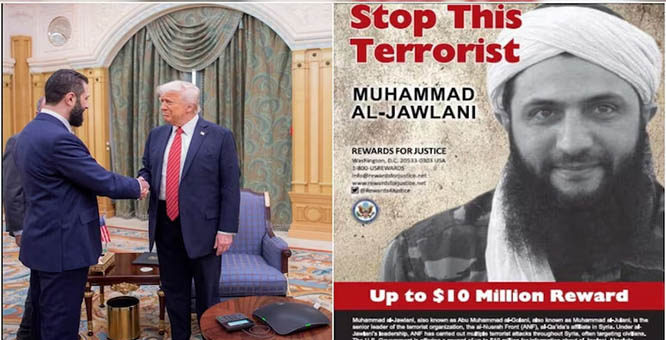
Mangaluru, Jan 10: Veteran Kannada writer, novelist, short story writer, translator and feminist Sara Aboobacker passed away at a private hospital in the city due to age related ailment. She was 87.
Sara was born in Kasargod, Kerala on 30 June 1936, to Pudiyapuri Ahmad and Zainabi Ahmad. She has four brothers.
She was married after graduating from a local Kannada school and went on to have four sons. She claimed that her desire to further her education was constrained by community norms that restricted female access to higher education, and that she was only able to obtain a library membership in 1963.
Sara Aboobacker's books largely focus on the lives of a particular section of Muslim women living in the Kasaragod region. She focused on issues of alleged inequality and injustice within her community, critiquing patriarchal systems within religious and familial groups.
She had claimed that she preferred a realist approach to literature, prioritizing the expression of social concerns over stylistic embellishments. Her books have dealt with controversial subjects such as marital rape, communal and religious violence, and individual autonomy.
Works
In 1981, Aboobacker published her first article, an editorial on communal harmony, in a local monthly Kannada-language magazine, Lankesh Patrike. Following this she began writing stories and novels, focusing on her own community, the Beary people, a Muslim community living across coastal Karnataka and surrounding areas.
Aboobacker is most well-known for her first novel, Chandragiriya Theeradalli (1981), which was later translated into English by Vanamala Vishwanatha as Breaking Ties and into Marathi by Shivarama Padikkal in 1991.
The novel was initially published in serialised form in a local monthly magazine, Lankesh Patrike, and later republished as a novel. It focuses on the life of Nadira, a young Muslim woman attempting to assert independence first from her father, and later, from her husband. Chandragiriya Theeradalli has been adapted for the theatre, with a script written by Roopa Koteshwar being produced in 2016.
In 2019, a district court ruled in favour of Aboobacker in a suit she had filed for copyright infringement against the makers of the film Byari. The film had won the Swarna Kamal Award at the 59th National Film Festival in 2011. The District Court found that it was based primarily on Aboobacker's book, Chandragiriya Theeradalli and that the producers had not obtained her permission to adapt the book for their film.
Her novel, Vrajagalu (1988) was in 2022 made into a film produced by Devendra Reddy, titled Saaravajra. The film stars actress Anu Prabhakar Mukherjee as the protagonist, Nafisa, and traces her life from childhood to old age, as she navigates marriage, and divorce within the Muslim community in Kasargod.
From 1994, Aboobacker was publishing her works under her own publication company, Chandragiri Prakashan. Aboobaker has translated into Kannada books by T. V. Eachara Warrier, Kamala Das and B. M. Suhara.
Awards and honours
In 1984, she received the Karnataka Sahitya Akademi Award
In 1987, she received the Anupama Nirajan Award.
From 1990 to 1994, she served as president of a local writers' association, the Karavali Lekhakiyara mattu Vachakiyara Sangha.
In 1995, she received the Kannada Rajyotsava Award.
In 1996, she received the Rathnamma Heggade Mahila Sahitya Award.
Daana Chintamani Attimabbe Award in 2001 by Government of Karnataka
In 2006, she received the Nadoja Award from Hampi University for her contributions to literature.In 2008, she was awarded an honorary doctorate from Mangalore University.






Comments
Add new comment